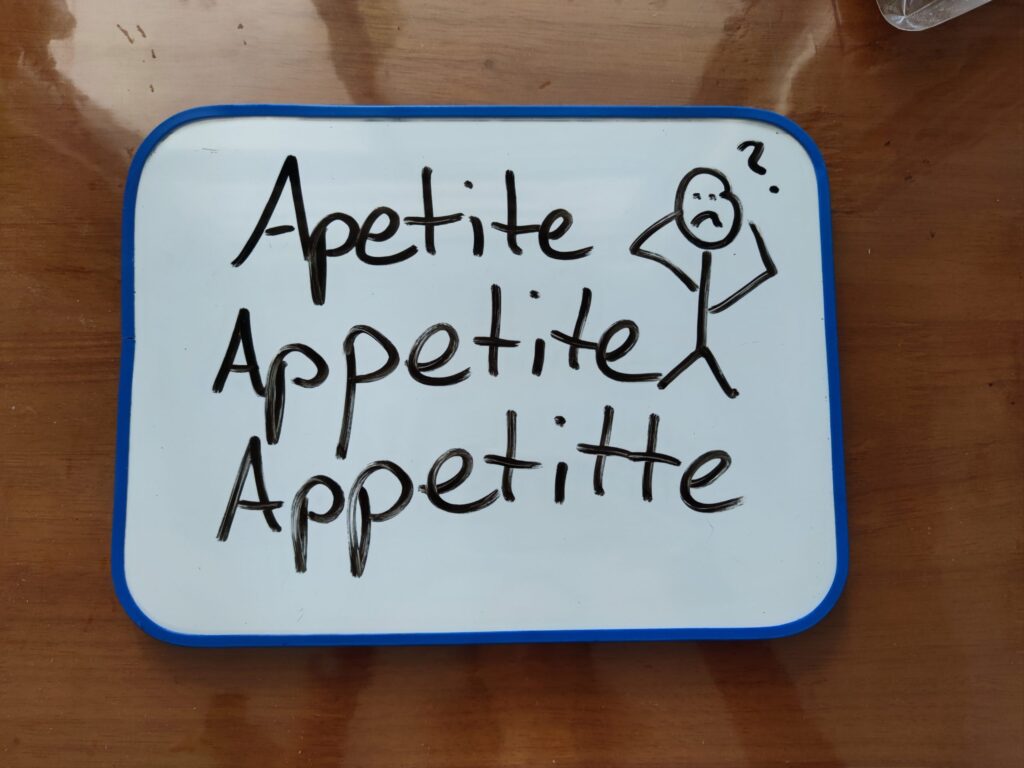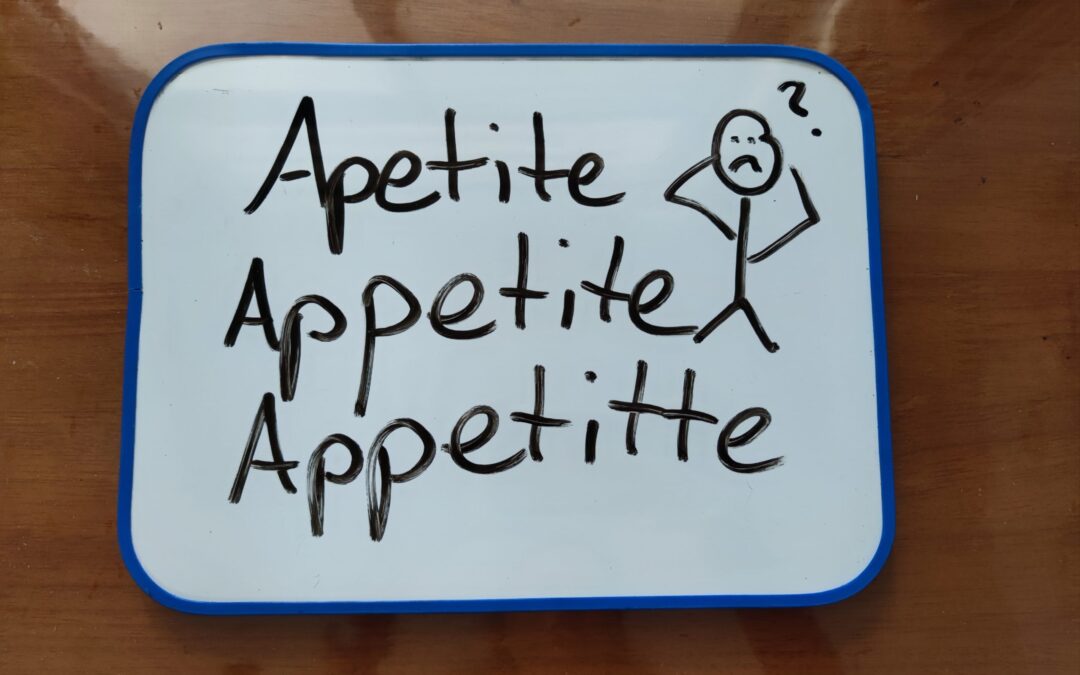The other day, I was hanging out with some friends that I don’t get to see very often. One friend suggested that we play a game where we all write down a few questions and then we take the questions out and go around and everyone has to answer the questions.
Someone wrote down the question: What is your most embarrassing moment? At first, I couldn’t think of anything because I like to delete the myriad of embarrassing things that happen, and then I realized that as a teacher, I often have embarrassing things happen—especially when I taught middle school. As a middle school teacher that there is no room for the teacher to be insecure.
One of the most embarrassing things that happens to me fairly regularly is that I tend to forget how things are spelled, or I write something on the board and then question whether or not that’s really how to spell the word. This happened just the other day with the word “translucent.” I wrote it on the board because someone mentioned it when answering a question, and then I thought. Is that “sc” or just “c” in the middle of that word? A quick check in the dictionary proved my first instinct correct. But there have been times when my first instinct was completely wrong.
During my first year of teaching, I didn’t have any computers, and anything that I wanted the students to see (including vocabulary lists) had to go on the chalk board. I had just started giving the students words to look up for homework, so I wrote all of the words on the board during every class (total 6 classes) for the entire week.
A few students sent me messages or asked me about one word that they couldn’t find. They were having trouble finding the word “apetite.” I didn’t want to just tell the students the answer, so I encouraged them to keep looking. Obviously, they weren’t looking hard enough. I also suggested that they ask a friend if they were having trouble finding a word. I just assumed they weren’t working hard enough.

Finally, in the final class of the week, I looked at the word and my heart started pounding. Was I spelling that word correctly? I didn’t have a smart phone that year, so I think I had to wait until I got home to look it up and realized that I had been spelling the word wrong for the entire week. Talk about a blow to my pride! And I’m a native English speaker—I’m supposed to know these things, right? I have since learned that being a native English speaker doesn’t mean that I’m perfect—that’s a relief!
The next week in class, I apologized to the students for my egregious error, and they were very gracious. Some of them said that they had noticed the error but had just quietly corrected it themselves. I encouraged them to let me know if they spotted an error in the future.
As I read, The Culture Code by Daniel Coyle, I realized that leaders who can recognize their mistakes and vulnerably own them go a long way in creating a culture that promotes positive vibes. I don’t like to be wrong, and I try to spell words correctly, but if I do make a mistake, even as a native English teacher, I don’t think it’s the end of the world—after all, we’re human too.
And recognizing that English is hard, not just for my Chinese students, but for native English speakers (and teachers!) too, helps them to feel like they’re not alone and hopefully be more confident to make mistakes. After all, making mistakes is a big part of learning as I looked at earlier in Hidden Potential by Adam Grant.
And look at this, here I am telling the internet that I’m an English teacher and I question myself in spelling ALL THE TIME. It’s hard to admit my shortcomings, but I know that I’m not the only one, so if you struggle with this too, know that you are not alone!

